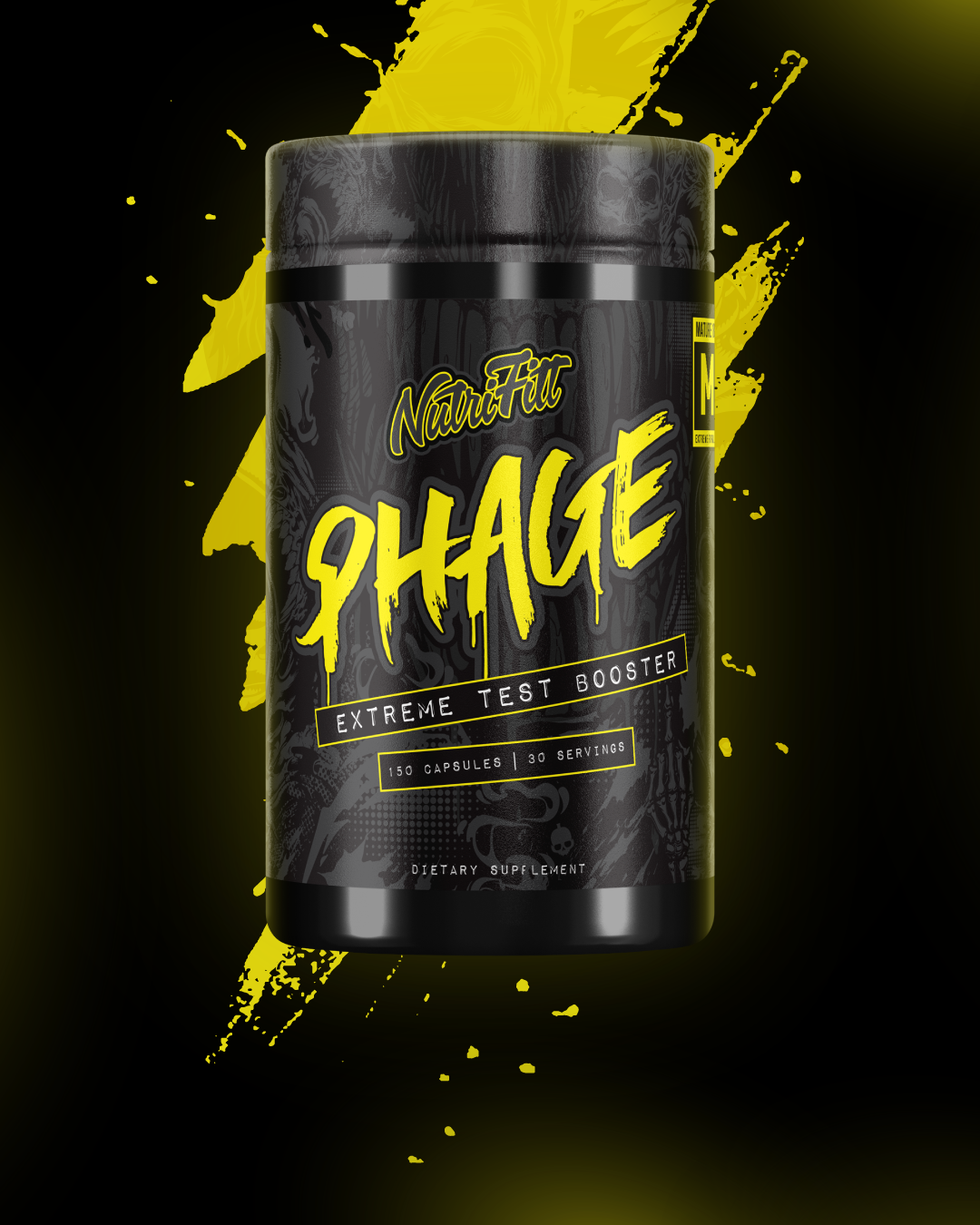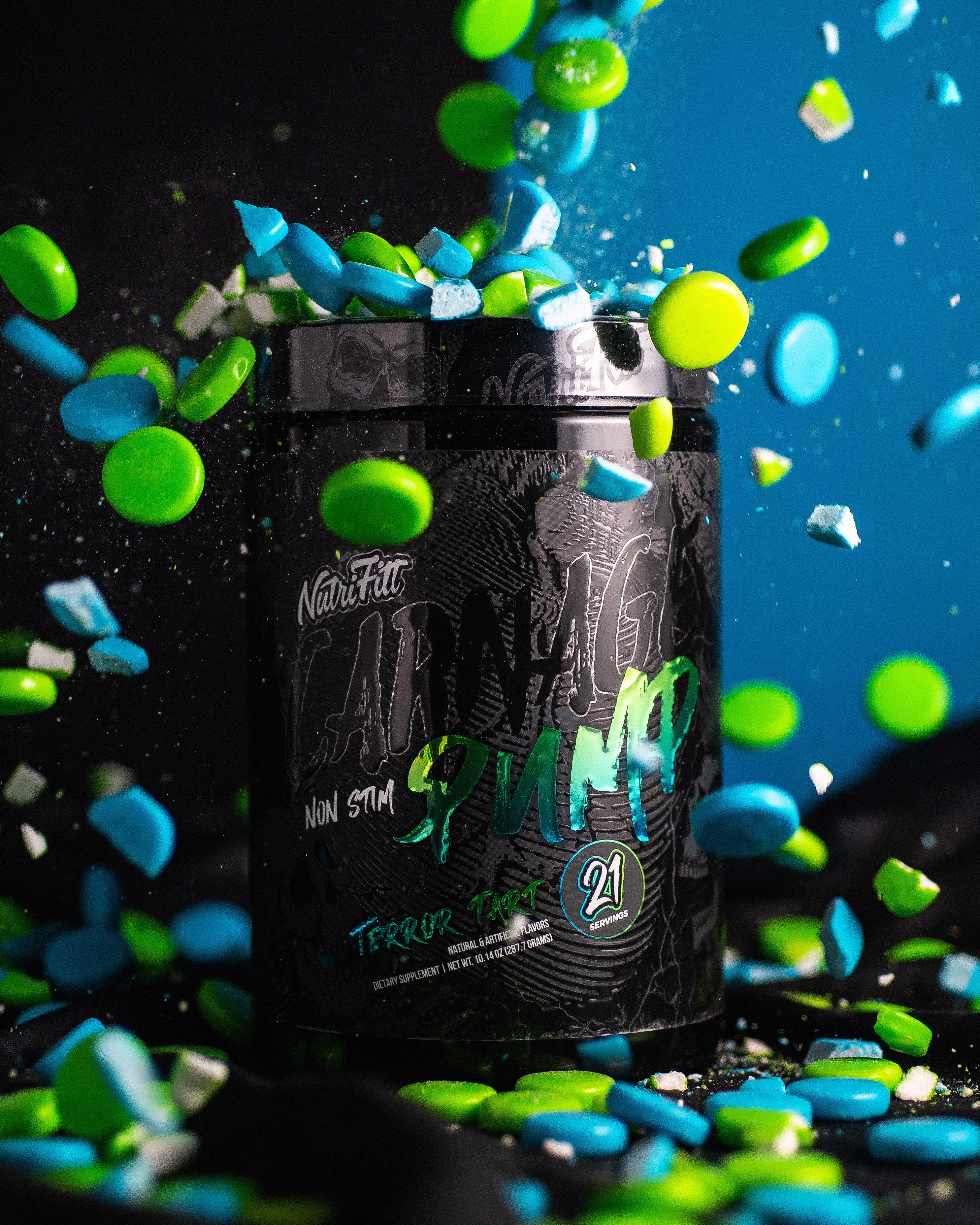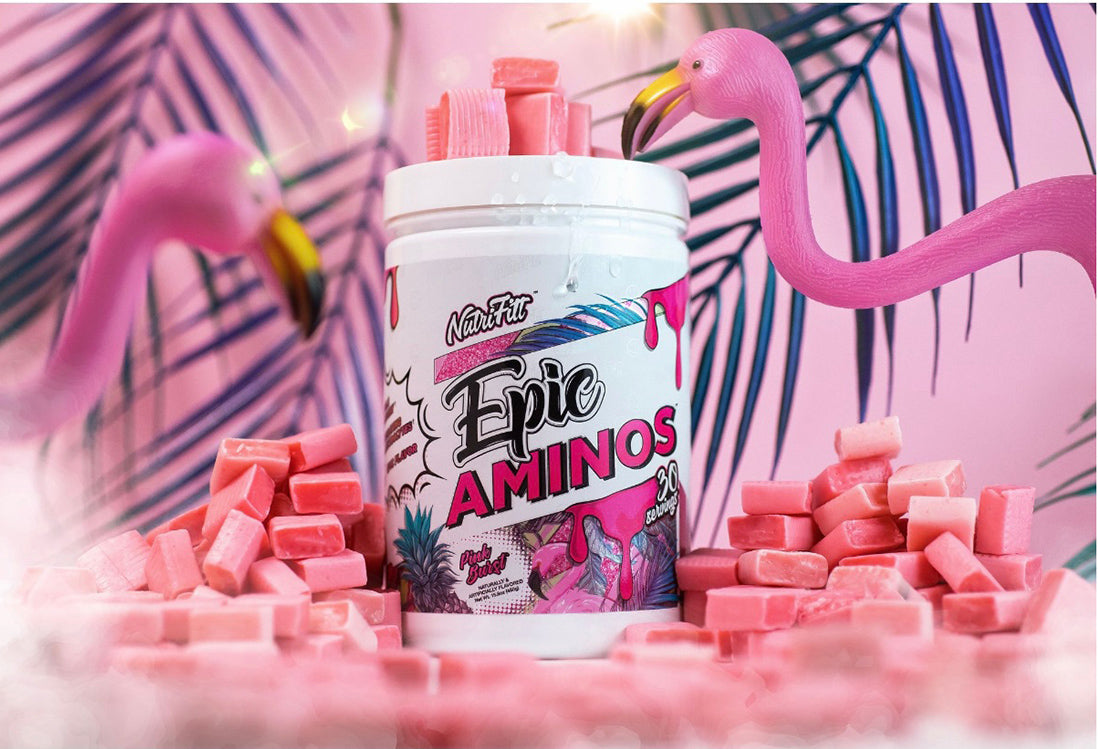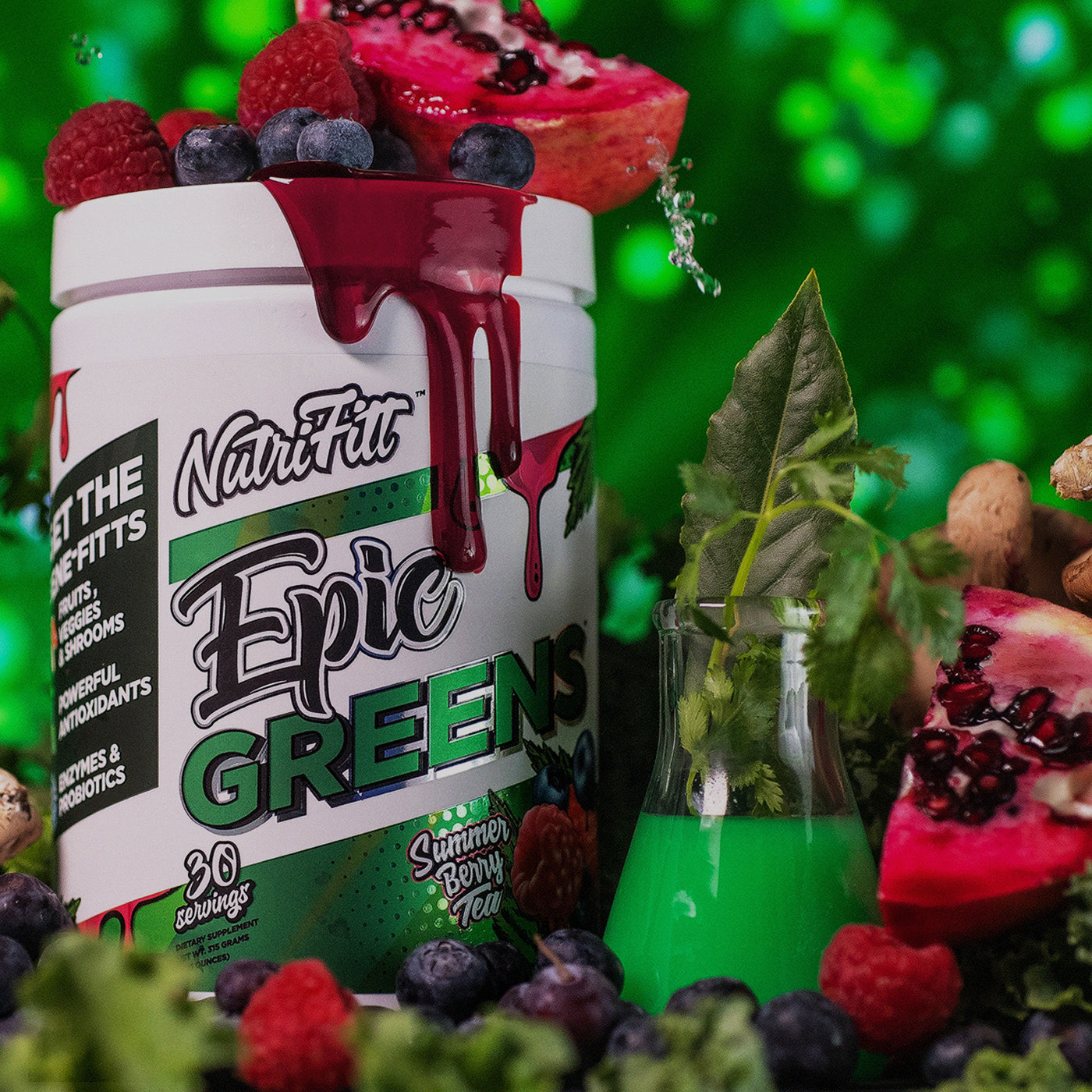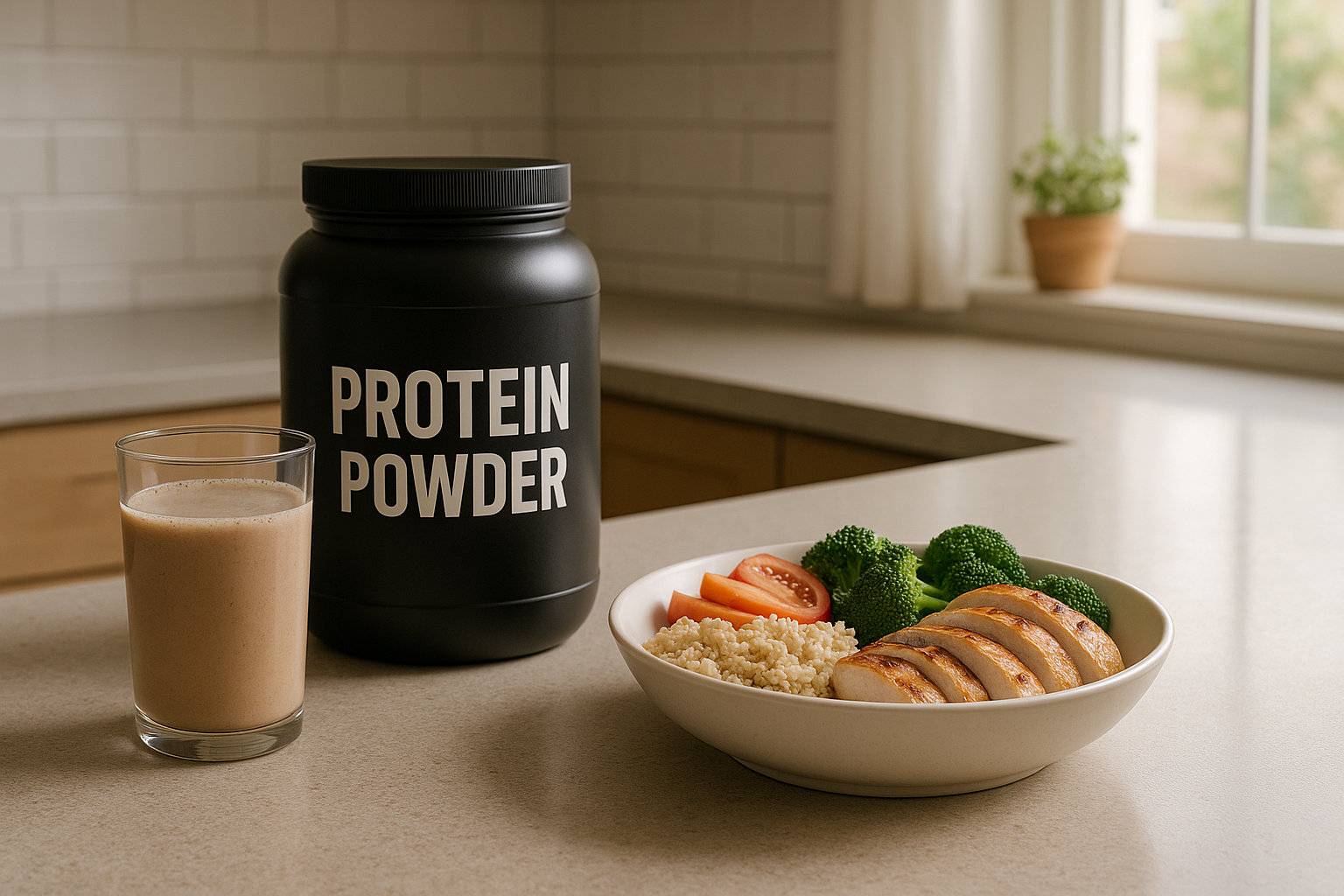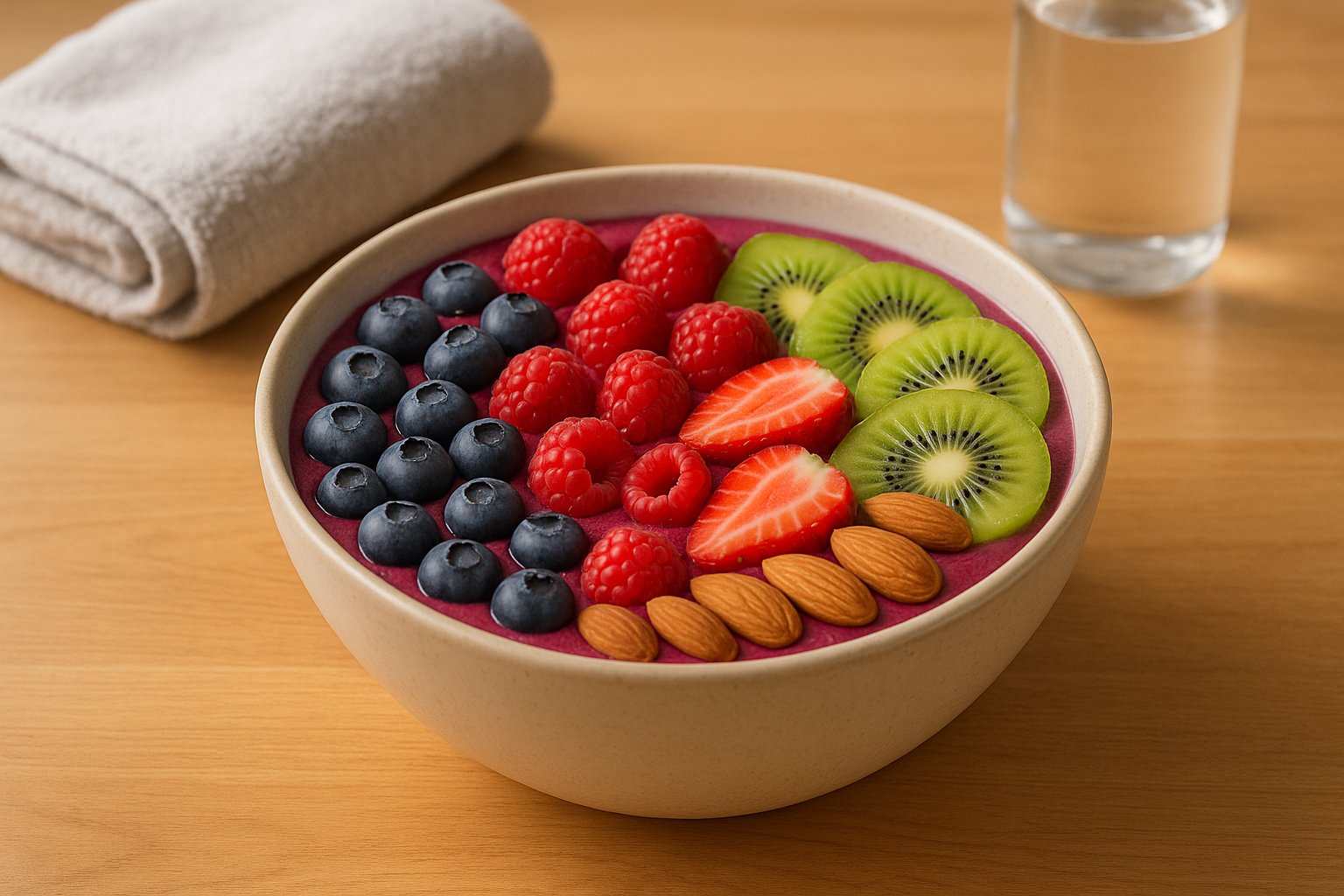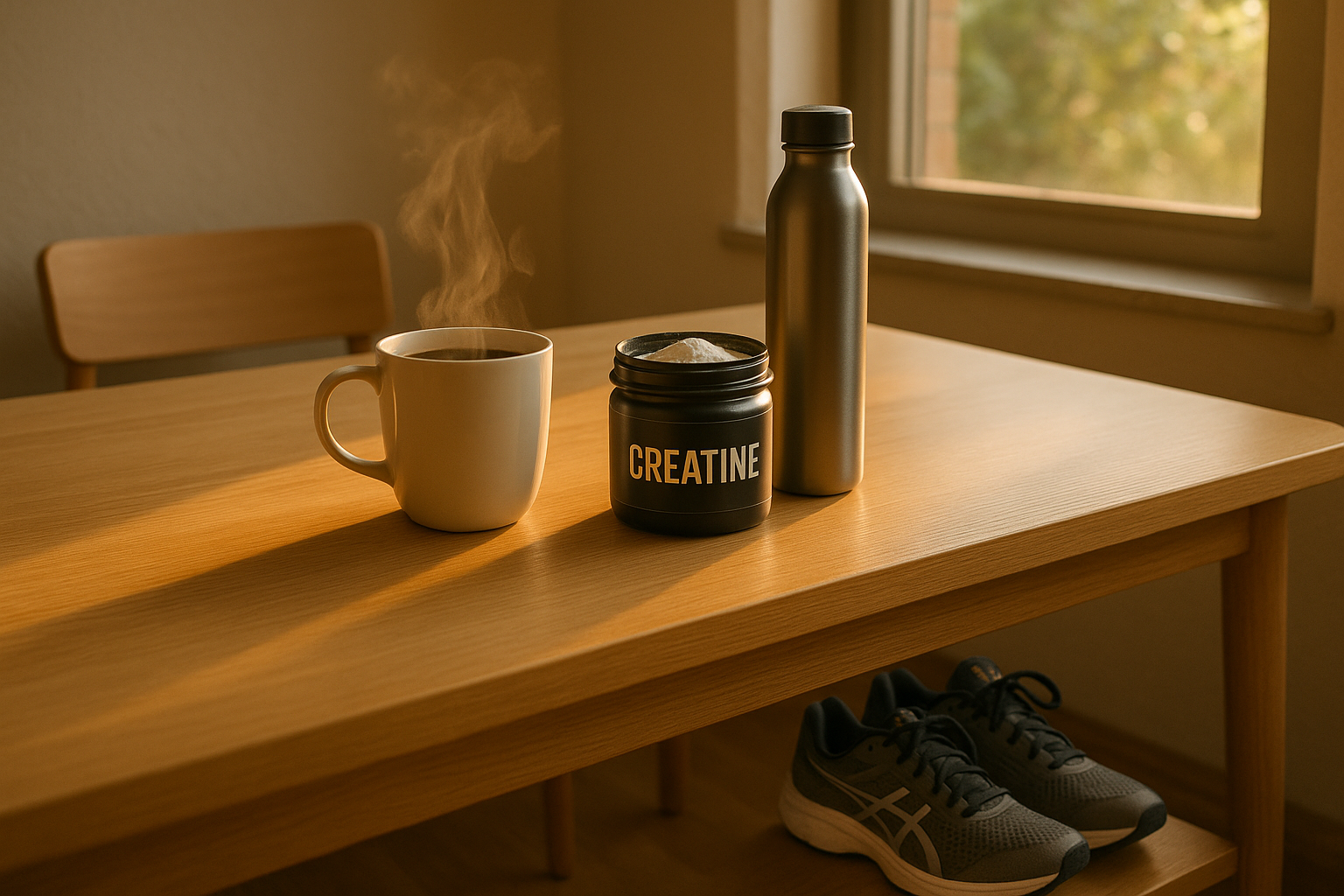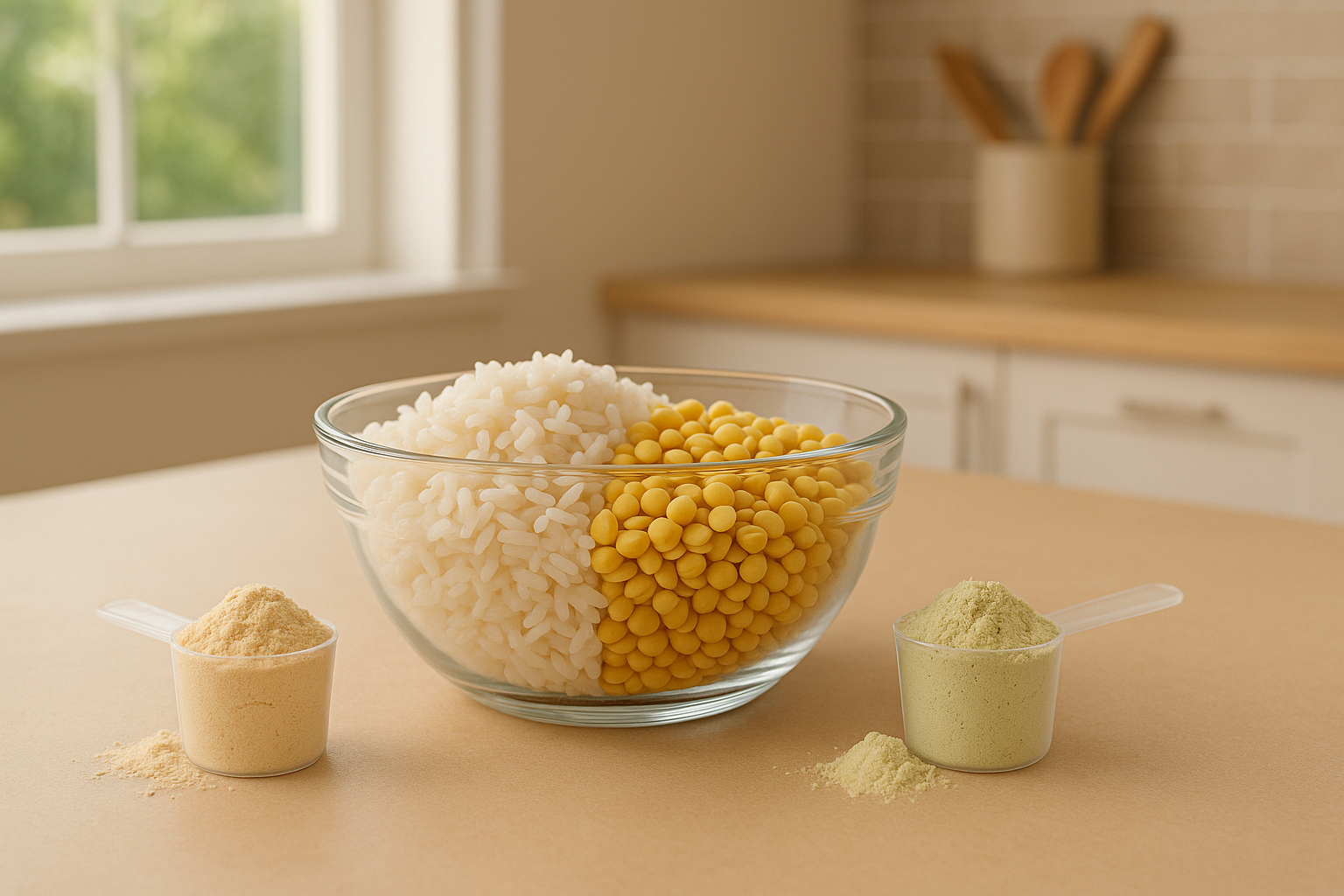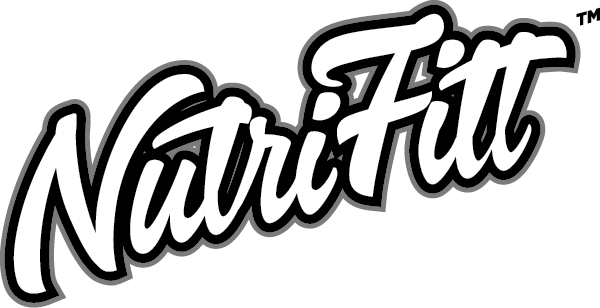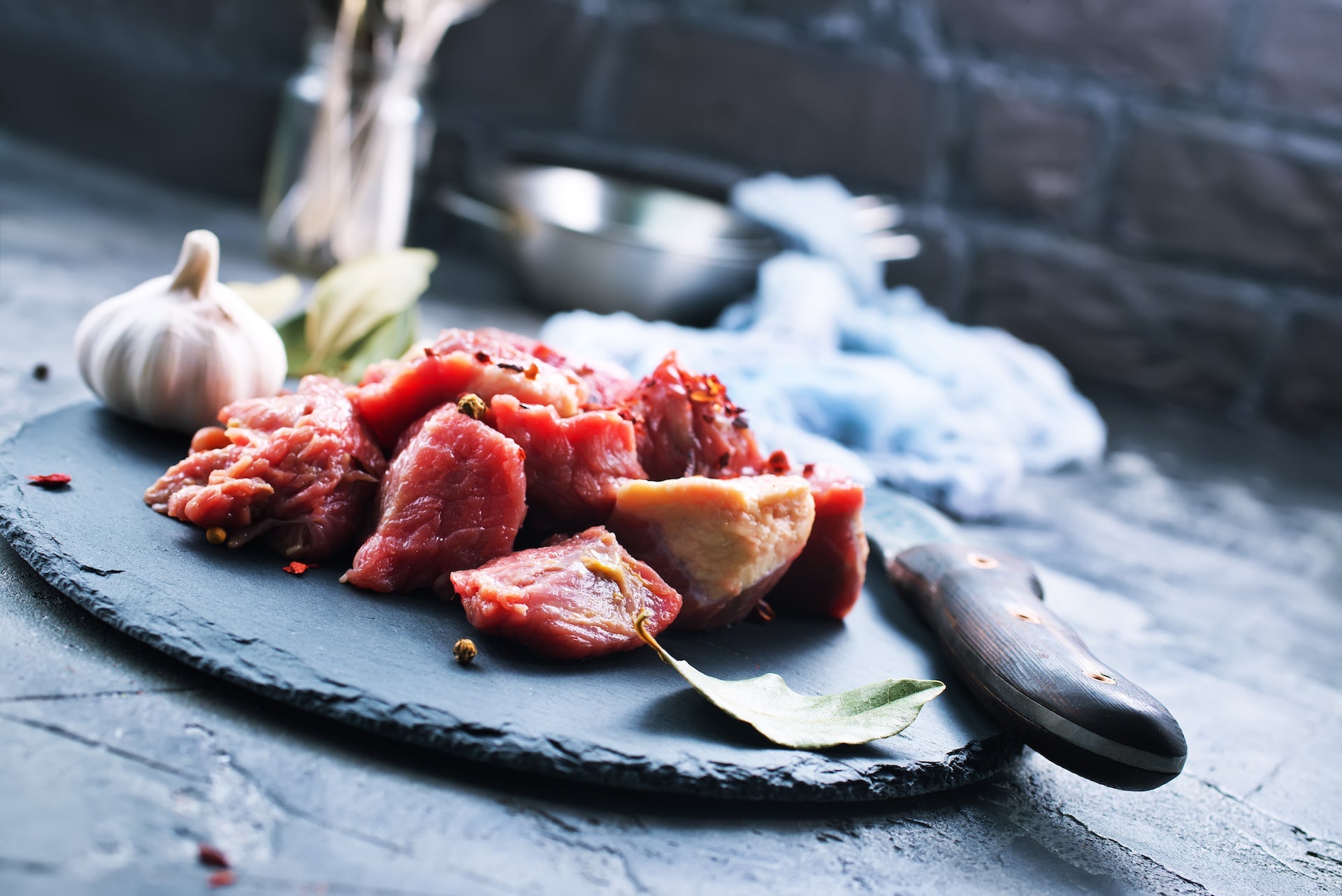
Is Red Meat More Effective For Building Muscle Mass?
Are you an athlete looking to build up your muscle mass? If so, you may have heard people talk about the benefits of red meat in helping with building a strong frame. But is there truly any science to back this idea up? It turns out that there's quite a bit of evidence indicating that red meat can be an effective part of your meal plan for building muscle and improving performance. In this blog post, we'll explore the research surrounding red meat as it relates to its impact on muscle growth and overall health. We'll also discuss how best to incorporate it into your daily routine for maximum muscle-building results.
What is the Muscle-Building Power of Red Meat
Red meat is widely known for its muscle-building power due to its high protein content. The protein in red meat provides our bodies with the necessary amino acids needed for muscle growth and repair. Additionally, red meat contains creatine, a compound that helps increase muscle mass and strength. However, it is important to consume red meat in moderation and as part of a balanced diet to avoid negative health consequences such as increased risk of heart disease. Incorporating lean cuts of red meat into your diet can be a healthy and effective way to boost your muscle-building efforts.
How Eating Red Meat Helps With Building Muscle Mass
Red meat is often considered to be an essential part of muscle-building diets due to its high protein content, which is crucial for muscle growth and repair. Protein is made up of amino acids, which aid in rebuilding muscle tissue and increasing muscle mass. Additionally, red meat also contains a higher concentration of key nutrients such as iron, zinc, and creatine, which are all essential for muscle function and recovery. Incorporating red meat into your diet, along with a balanced exercise routine, can help maximize your muscle-building potential. However, it’s important to remember to consume red meat in moderation and choose lean cuts to avoid excess saturated fat and potential health risks.
Impacts of Eating Too Much Red Meat
Red meat is a delicious and staple food in many cultures around the world, but consuming too much of it can have negative impacts on our health. When we eat red meat, our bodies break down the proteins and fats into building blocks needed for growth and repair. However, consuming too much red meat has been linked to heart disease, diabetes, and some types of cancer. Additionally, red meat tends to be high in saturated fats, which can raise levels of LDL or "bad" cholesterol in the blood. While it's okay to enjoy red meat in moderation, it's important to balance our diets with plenty of fruits, vegetables, and other sources of protein to maintain a healthy lifestyle.
Nutritional Value of Other Meats and Plant-Based Proteins
As more people are opting for plant-based diets, it's important to understand the nutritional value of other meats and plant-based proteins. While many may think that meat is the only source of protein, there are plenty of plant-based options that are just as nutritious. Legumes, nuts, and seeds all offer high amounts of protein as well as fiber, vitamins, and minerals. Other meats, such as chicken and fish, are also lean sources of protein that offer a variety of essential nutrients. By incorporating a variety of protein sources into your diet, you can ensure that your body is getting all of the necessary nutrients it needs to function at its best.
Benefits of Balance in Your Diet for Building Muscle Mass
Achieving a well-toned, muscular physique doesn't just depend on pumping iron at the gym. A balanced diet is crucial for building muscle mass too. Protein is key, but it's important to ensure you're also getting enough carbohydrates and healthy fats. Carbs provide energy for workouts, while fats help with hormone production and nutrient absorption. Vitamins and minerals are also essential for muscle growth and overall health. Without a balanced diet, your body won't have the necessary nutrients to repair and build muscle tissue after a workout. So, if you're looking to pack on some muscle and achieve a toned physique, remember that a balanced diet is just as important as regular exercise.
Tips on Incorporating Red Meat Into Your Meal Plan For Maximum Gains
Are you looking to incorporate more red meat into your diet for optimal muscle gains? Look no further, as we have some great tips for you. Firstly, aim to choose lean cuts of meat such as sirloin or tenderloin. They are packed with protein and essential amino acids, perfect for muscle recovery and growth. Secondly, don't shy away from pairing your steak or beef with healthy carbs such as sweet potato or brown rice. This will not only provide your body with energy, but also aid in muscle recovery. Lastly, be mindful of portion sizes and frequency of consumption. Too much of anything can be harmful, so aim to have smaller portions of red meat a few times a week. By incorporating these tips, you'll be on your way to achieving maximum gains.
It's clear that red meat plays an important role in helping athletes bulk up and gain muscle mass. When consumed responsibly, it can provide the protein, iron, vitamin B-12 and other nutrients needed to perform at their peak. Eating larger portions of other clean meats like fish, chicken or turkey and plant-based proteins like nuts can support a balanced diet and provide the energy required to build and maintain muscle mass. There is no one type of food that builds muscle - athletes who are serious about getting results will benefit from putting together a meal plan that includes different kinds of proteins, healthy fats and complex carbs as well as fruits, veggies, grains and dairy products. Properly incorporating red meat into your diet will definitely ensure maximum gains towards building more lean muscle.
FAQs Regarding Red Meat
Can I eat red meat every day?
Eating red meat daily is possible, but too much may raise risks of heart disease and certain cancers. To stay healthy, opt for lean cuts, balance it with vegetables and whole grains, and limit intake to a few times per week.
Why do I sleep better after eating red meat?
Red meat helps sleep due to iron, zinc, B12, and tryptophan, which support melatonin and serotonin production. Eating in moderation can promote better rest, but large or late meals may have the opposite effect.
Does red meat stay in your system for 7 years?
No, red meat does not stay in your system for seven years. It is typically digested within 24 to 72 hours, depending on metabolism and diet. The myth likely comes from its slower digestion compared to fruits and vegetables due to higher protein and fat content.




